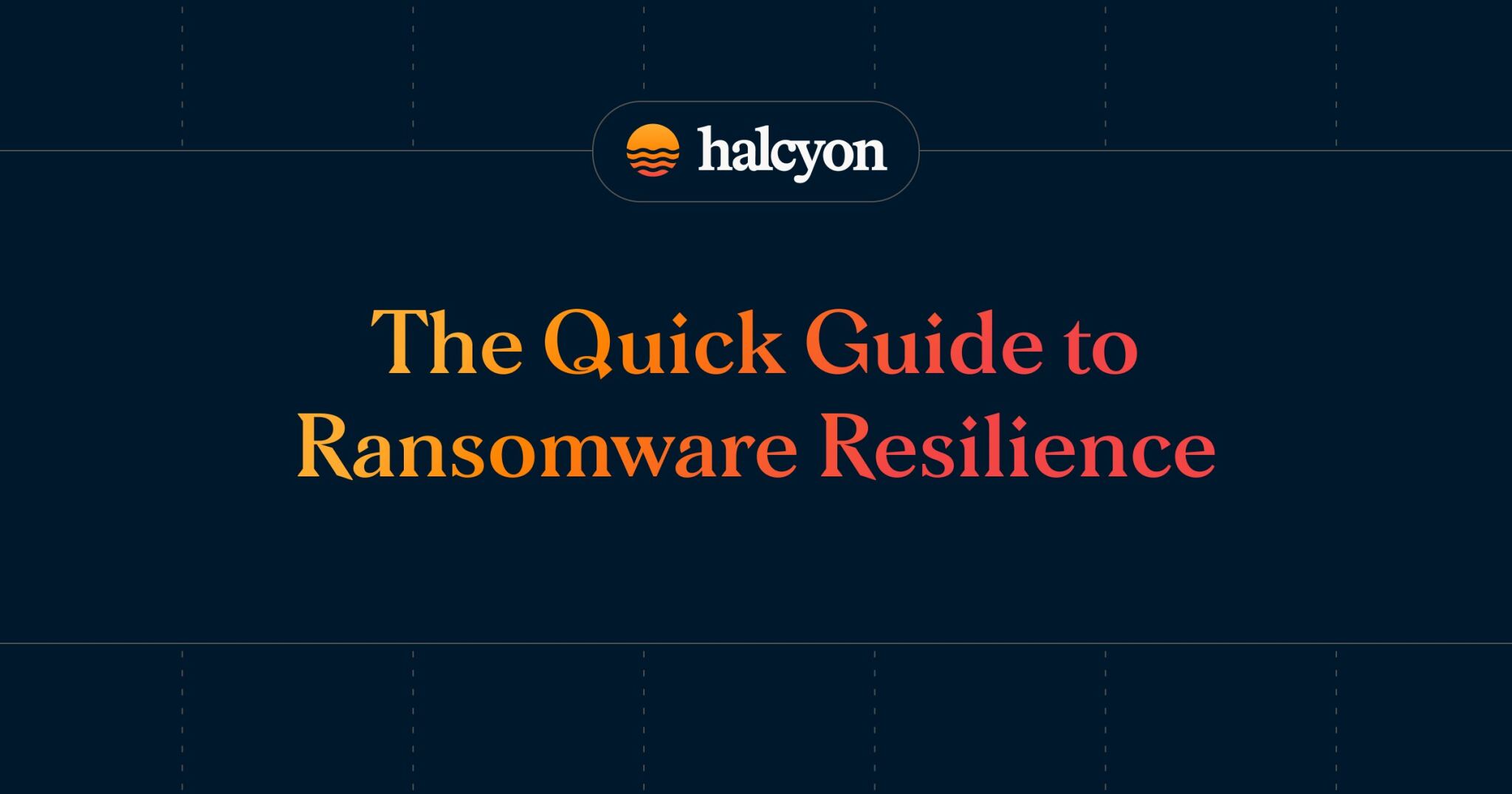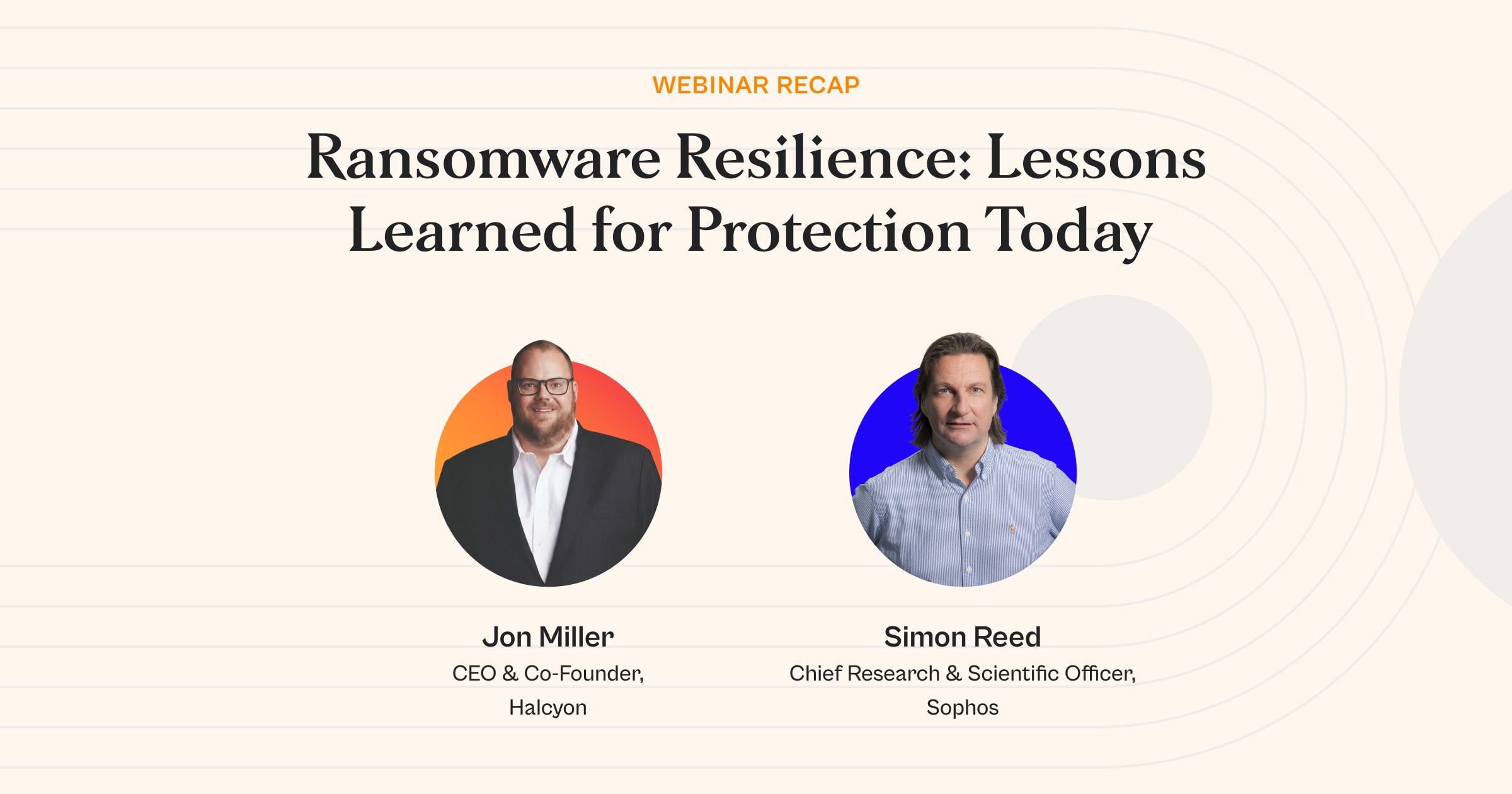Capsule Networks vs CNN’s for Ransomware Detection


Ransomware is a type of malware that is designed to encrypt a victim's files and demand a ransom payment in exchange for the decryption key. Ransomware has become a growing threat in recent years due to its ability to evade traditional malware detection methods.
In this article, we will explore why leveraging Capsule Networks (CapsNets) is a superior approach to detecting different types of ransomware variants and attack campaigns, and how they can overcome some of the challenges involved in detecting ransomware.
Capsule Networks vs. Convolutional Neural Networks
CapsNets and CNNs are two popular approaches to image classification and object recognition tasks. While both approaches use neural networks to learn features and patterns from images, CapsNets differ from CNNs in how they represent and learn these features.
CapsNets use capsules to represent high-level features that encode object properties like pose, size, and orientation. CapsNets also use dynamic routing to assemble higher-level features from the capsules, while CNNs use pooling layers to down sample the feature maps.
Additionally, CapsNets can handle more complex objects and can recognize them even if they are partially occluded or have multiple parts.
CapsNets Deliver Superior Ransomware Detection Capabilities
CapsNets are better suited for detecting ransomware variants and campaigns because they can recognize the complex relationships between different parts of the ransomware. CapsNets can learn from hierarchical relationships between the parts of the ransomware, which allows them to generalize better for ransomware detection.
CapsNets can also learn from historical data to recognize normal user behavior patterns, which can help them to distinguish between legitimate user activity and ransomware. CapsNets can use context to determine if a given user activity is typical or unusual and can also use temporal information to determine if the activity is part of a larger ransomware attack.
CapsNets can also use features that capture the semantic meaning of the ransomware code, such as control flow graphs or API call sequences, to detect ransomware more effectively.
CapsNets are like super-powered detectives that can recognize and track the complex relationships between different parts of a ransomware attack. They can learn from previous attacks and normal user behavior to identify patterns that are associated with ransomware. By using context and timing, CapsNets can determine if a particular activity is part of a larger ransomware attack or if it's just normal user behavior.
CapsNets can also use features that capture the specific behaviors of different types of ransomware to detect them more effectively. Overall, CapsNets are better at detecting different types of ransomware variants and campaigns than other types of malware detection methods.
Where CNNs Fall Short
In contrast, CNNs may not be as effective at detecting ransomware patterns and relationships between different parts of the ransomware as CapsNets. Ransomware is a type of malware that is designed to evade detection, often by using obfuscation techniques that make it harder to recognize.
CNNs may struggle to recognize the hierarchical relationships between the different parts of the ransomware, which can make it harder for them to generalize for ransomware detection. Additionally, CNNs may not be as effective at learning from historical data to recognize normal user behavior patterns, which can make it harder for them to distinguish between legitimate user activity and ransomware.
For example, a specific ransomware variant may use unique code features to perform encryption, such as certain API calls or system calls. CapsNets can use features that capture the semantic meaning of the ransomware code to detect these unique patterns of ransomware activity more effectively.
In contrast, CNNs may not be able to detect these patterns as effectively, which can result in missed detections or false positives. Another challenge for CNNs is that they may not be as effective at handling complex objects and recognizing the hierarchical relationships between them.
Ransomware often uses complex obfuscation techniques to avoid detection, which can make it harder for CNNs to recognize the different parts of the ransomware and how they are related. CapsNets can learn from hierarchical relationships between the parts of the ransomware, which allows them to generalize better for ransomware detection.
Upleveling Ransomware Detection and Response
In conclusion, Capsule Networks are a superior approach to detecting different types of ransomware variants and campaigns due to their ability to recognize the complex relationships between different parts of the ransomware.
CapsNets can use features that capture the semantic meaning of the ransomware code to detect ransomware patterns more effectively. CapsNets can also learn from hierarchical relationships between the parts of the ransomware, which allows them to generalize better for ransomware detection.
The technical differences between CapsNets and CNNs demonstrate why CapsNets are a more effective direction for future research in the field of deep learning for ransomware detection.
Halcyon.ai is the industry’s first dedicated, adaptive security platform that combines multiple advanced proprietary prevention engines along with AI models focused specifically on stopping ransomware – talk to a Halcyon expert today to find out more. And check out the Recent Ransomware Attacks resource site to get near real-time tracking of ransomware attacks, threat actor groups and their victims.
Related Posts
See Halcyon in action
Interested in getting a demo?
Fill out the form to meet with a Halcyon Anti-Ransomware Expert!





